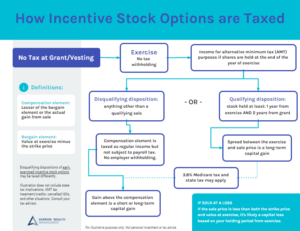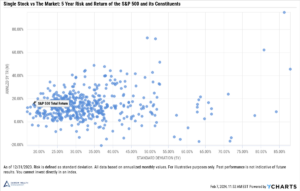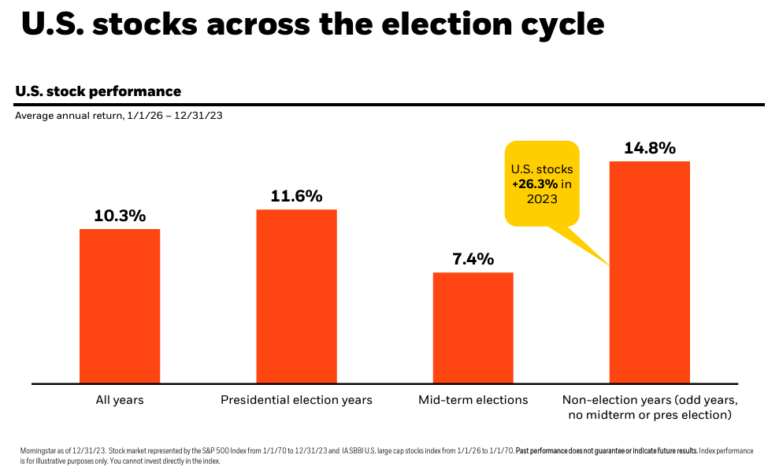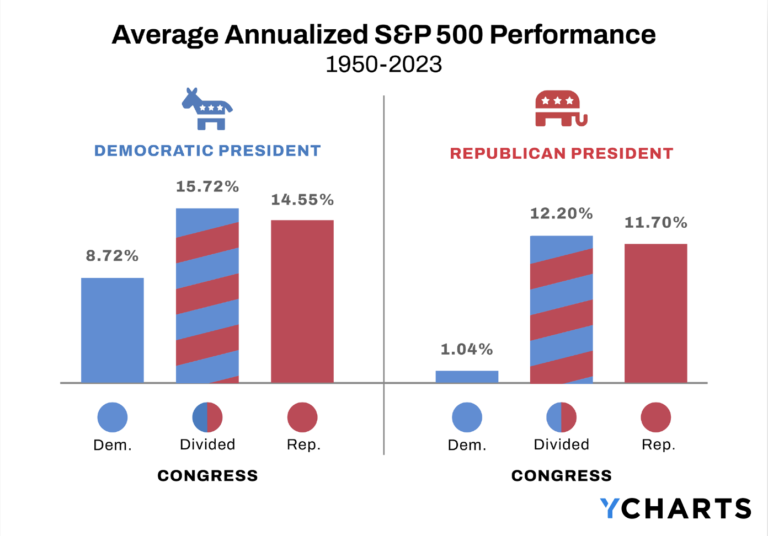With so much emphasis on IPOs, investors are sometimes surprised when publicly traded companies decide to go private. There are many reasons a company may choose to go private. Dry powder flowing into private equity funds only fuel the trend. For employees of a public company going private via buyout, merger, or acquisition, it can be an uneasy time. For executives with stock options, restricted stock units, or other forms of equity compensation, you may be wondering what happens to your stock options when a public company goes private.
What happens to stock if a company goes private?
Unfortunately, there are many possible outcomes for employees with stock options when a public company goes private:
- Vested stock options may be cancelled in exchange for a cash payment, generally equal to the excess (if any) of the new share price over the exercise price
- Unvested stock options and RSUs may receive accelerated vesting treatment and cashed out (if not underwater), cancelled, or continued
- Shareholders may receive a cash payment in exchange for cancelling the shares
- Shareholders and option-holders may have their shares substituted, converted, or continued by the successor entity
This isn’t an exhaustive list, either. Further, everything is subject to negotiation. So if you have an agreement with your employer that differs from the terms of the standard equity plan, the general guidance may not apply. When in doubt, consider speaking with an employment lawyer near you.
If you have vested stock options but haven’t exercised
If you have vested stock options (incentive or non-qualified stock options) but haven’t exercised yet, it’s probably because your shares are underwater. This happens when your exercise price (also called strike price) is greater than the fair market value of the stock. If you’re working for a public company that’s going private, your underwater options could be cancelled without a payout.
If you have vested stock options that are in-the-money (not underwater), the company will have to give you some consideration in exchange for your shares if they wish to cancel them. Typically, that consideration is the difference between your strike price and the approved share price for the deal.
Alternatively, the soon-to-be private company could continue your stock options or substitute with shares of the successor. Unless the private company sets up a mechanism for employees to sell their shares, stock options could become very illiquid and potentially create tax headaches.
If you have unvested stock options
Publicly traded companies may decide to accelerate the vesting of all unvested stock options. In this situation, the company could pay cash in exchange for cancelling the options. Underwater stock options will likely receive no payout at all even if they vest when the deal closes.
The private company could decide to continue their stock option plan as a private company (which would create the same issues as above) or terminate their current stock option plan and start a new one as a private company.
Unvested restricted stock units
The good thing about restricted stock units is they can’t ever become underwater. Unless the company goes bankrupt, vested RSUs are always worth something. Unvested RSUs might be cancelled outright or receive accelerated vesting. If unvested restricted stock units are cancelled in exchange for a cash payment, you could receive the money quickly or remain subject to the original vesting terms.
This happened in 2013 when Dell went private. The company cancelled all unvested RSUs in exchange for a payment of $13.65 per share (before tax). However, employees still had to fulfill the original vesting requirements to receive the cash. When Dell went public again in 2018, RSU-holders still subject to vesting requirements (if any) would only receive the $13.65/share at vesting, a fraction of the new market value. Dell employees also took a hit to their retirement plan if they had shares of company stock in their 401(k).
If you own shares outright when a public company goes private
If you own the stock outright, perhaps you bought it on your own, exercised stock options, or kept restricted stock units after they’ve vested, you’ll be treated like any other shareholder during the transaction, assuming you own the same share class.
When the voting shareholders approve the decision to go private, they consent to the terms of the deal, including valuation. Most often, shareholders receive cash in exchange for surrendering their stock. Depending on the type of equity compensation you have, your holding period, cost basis, and stock price when the deal closes, there will be tax implications including a capital gain or loss.
What you should do if your company goes private
Until the terms of the deal are final, employees won’t have answers about what will happen to their stock compensation…or potentially their job. Before jumping ship, make sure you are aware of what happens to stock options if you leave the company.
Even if you know the company is going private, you may still have to wait until the deal is final to calculate your potential payout. Sometimes, buyers pay a big premium to take a public company private. This happened with Toys”R”Us and more recently got attention when Elon Musk was thinking out loud about taking Tesla private. Regardless, while you wait, try to address some of the other personal financial challenges associated with M&A activity.
If you were too heavily invested in your employer’s stock, a payout could be a good thing. Holding stock of a private company usually means fewer options to cash out. Consider working with a financial advisor who can help you evaluate the trade-offs and develop a strategy for the proceeds. If you expect a large windfall, it may make sense to pull everything together in a financial plan. A plan is especially helpful to determine the best way to allocate the proceeds across multiple goals.
About Darrow Wealth Management
Darrow Wealth Management is a fee-only financial advisory firm. By integrating financial planning with investment management, our goal is to help busy professionals build and grow their wealth. As an independent full-time fiduciary, we have a duty to act in the sole benefit and interest of our clients. This is the highest act of loyalty, trust, and care under the law.











